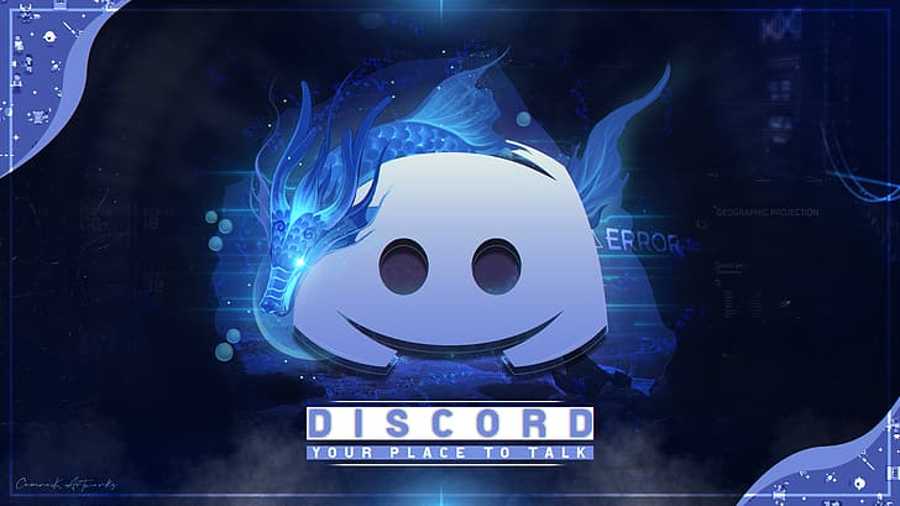In 2015, Jason Citron, a computer programmer, was struggling to break through in the video game industry. The new multiplayer game he had created with his development studio, Hammer & Chisel, was not catching on.
So Citron engineered an abrupt about-face. He laid off his company’s game developers, turned the game’s chatting feature into its sole product and gave it a mysterious name — Discord.
“I think at the time we had maybe six users,” Citron said. “It wasn’t clear that it was going to work.”
At first, Discord was only popular with other gamers. But more than six years later, driven in part by the pandemic, it has exploded into the mainstream. While adults working from home flocked to Zoom, their children were downloading Discord to socialise with other young people through text and audio and video calls in groups known as servers.
The platform has more than 150 million active users each month — up from 56 million in 2019 — with nearly 80 per cent logging in from outside North America. It has expanded from gamers to music aficionados, students and cryptocurrency enthusiasts.
Citron, 37, said he grew up playing video games on Long Island, nearly failed to graduate from Full Sail University in Florida because he spent so much time playing World of Warcraft and went on his first date with his future wife at an arcade.
“At least he tries to put something new into the market,” said Serkan Toto, a gaming analyst in Japan, adding that Citron’s reputation was “like a geek, in a good sense”.
Discord is split into servers — essentially a series of chat rooms similar to the workplace tool Slack — which facilitate casual, free-flowing conversations about gaming, music, memes and everyday life.
The company’s biggest shift occurred early in the pandemic. In June 2020, Citron and his co-founder and chief technology officer, Stanislav Vishnevskiy, wrote a blog post acknowledging that Discord had moved beyond video games and was working to become more accessible to all. Months earlier, the company had changed its motto from “Chat for gamers” to “A new way to chat with your communities and friends,” a nod to its wider audience.
That transition has come with growing pains. Discord has faced the same thorny questions as other social media companies about regulating speech, safeguarding against harassment and keeping young people safe.
Discord allows people to chat using fake names, and the task of ensuring that people follow its community standards is largely left up to the organisers of individual Discord servers. That gives the platform a “Lord of the Flies” feel, with groups of young people forming online societies and deciding their own rules.
In 2017, white nationalists gathered in far-Right Discord servers to plan the “Unite the Right” rally in Charlottesville, Virginia. Discord executives, despite being aware that white nationalists were on the platform, did not ban them until after the rally had taken place, according to New York Times reporting.
Clement Leveau, 21, has a powerful role on Discord: the owner of Kanye, a server hosting discussions of the eponymous artist, music, pop culture and other topics with over 58,000 members.
Leveau, a New York City college student, wields ultimate authority, with the power to appoint moderators and imprison people who break community rules in a solitary confinement channel known as jail. He said that he tries to “let people be silly, have a place to unwind,” but that he does not tolerate hate speech or bullying. Because of the isolation caused by the pandemic, Leveau said, the bonds people have formed on Discord have become crucial.
Earlier this year, Discord held deal talks with Microsoft about an acquisition that could have topped $10 billion, according to people briefed on the talks who were not authorised to speak about it publicly. The deal did not go through.
Citron repeatedly declined to comment on conversations with other companies, saying only that Discord gets “a lot of interest”. He would not say whether he was considering taking the company public, but he said “there’s only a few ways that these kinds of things play out”.
NYTNS











